Tata Tiago EV Long Term Review, December 2023 Report
The Tiago EV has been my primary car for most of the last month – in fact, I even used it for an airport run. The experience I would say has been a mixed one.
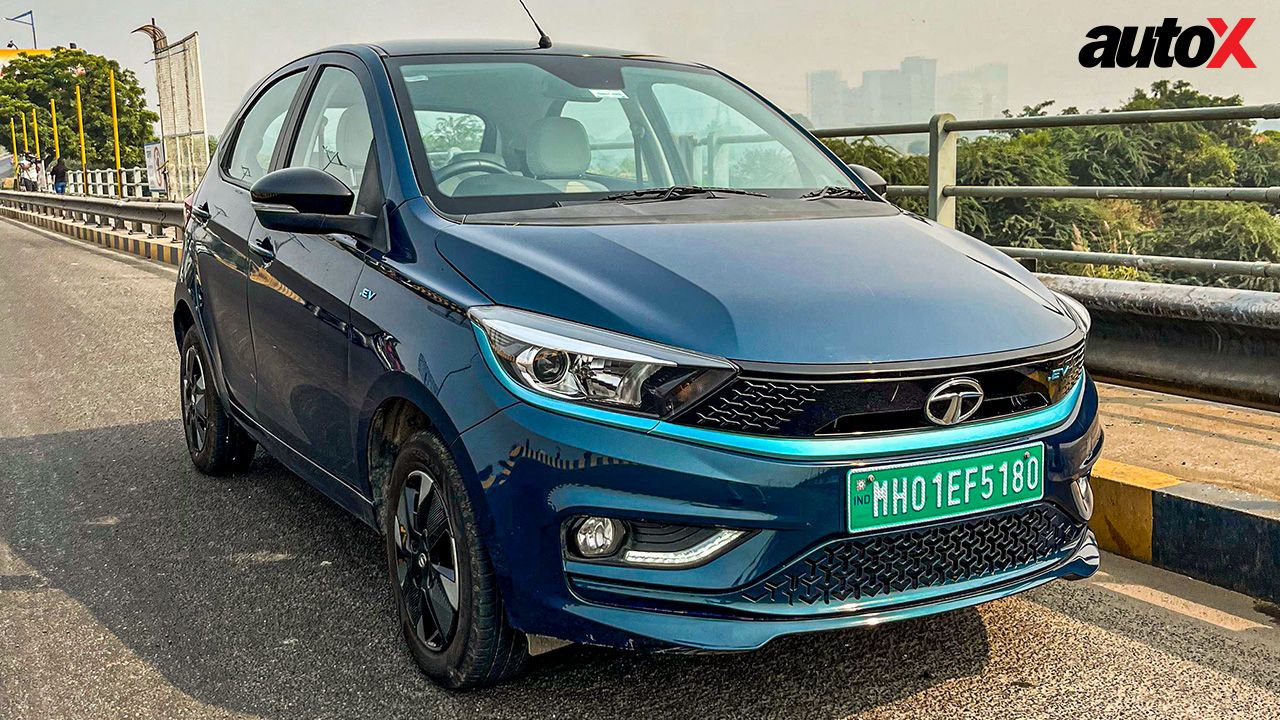
The Tiago EV has been my primary car for most of the last month – in fact, I even used it for an airport run. The experience I would say has been a mixed one. You see, getting to the airport is always a tricky affair with traffic and whatnot. To that end, the Tiago EV’s compact size and manoeuvrability prove quite beneficial. However, I was travelling with a friend and luggage for a five-day trip, which required us to fold down the rear seat, leaving limited space. Not the end of the world, but still a limitation.
That said, I really enjoyed my time with the Tiago EV recently in Delhi when older ICE vehicles, and even some new ones, were not allowed on the capital’s roads.
Also Read: 2024 Kia Sonet Facelift vs 2023 Tata Nexon Spec Comparison: Which One Should You Buy?
I also topped up the battery of the Tiago EV using a public DC charger. Now, from what I could understand, the Tiago EV cannot utilize the full 30kWh charging capacity of the outlet. DC charging is good for 30 minutes when you are just trying to top up the battery, but if you are trying to reach 100 per cent, you are better off charging it at home, which takes about 11 to 12 hours if the battery is near 0 per cent, using the portable charger.
Also Read: Tata Tigor EV, Tiago EV Attracts Massive Discounts of up to Rs 1.10 Lakh in December
In my last report, I mentioned a rubbery squeak emanating from the cabin. It seems to have disappeared, but it does make an occasional comeback every now or then. The Tiago EV, then, continues to be my everyday companion, and its real value lies in the fact that it has significantly reduced my running cost in everyday traffic. While ICE cars consume a lot of fuel in bumper-to-bumper traffic, the Tiago EV simply sips electricity, saving me a whole lot of money.
When it came: October 2023
Current odo reading: 6,202km
Mileage this month: 476km
Real world range (Aa Tested): 150km
What’s good: Perfect size for city traffic
What’s not: DC charging speed
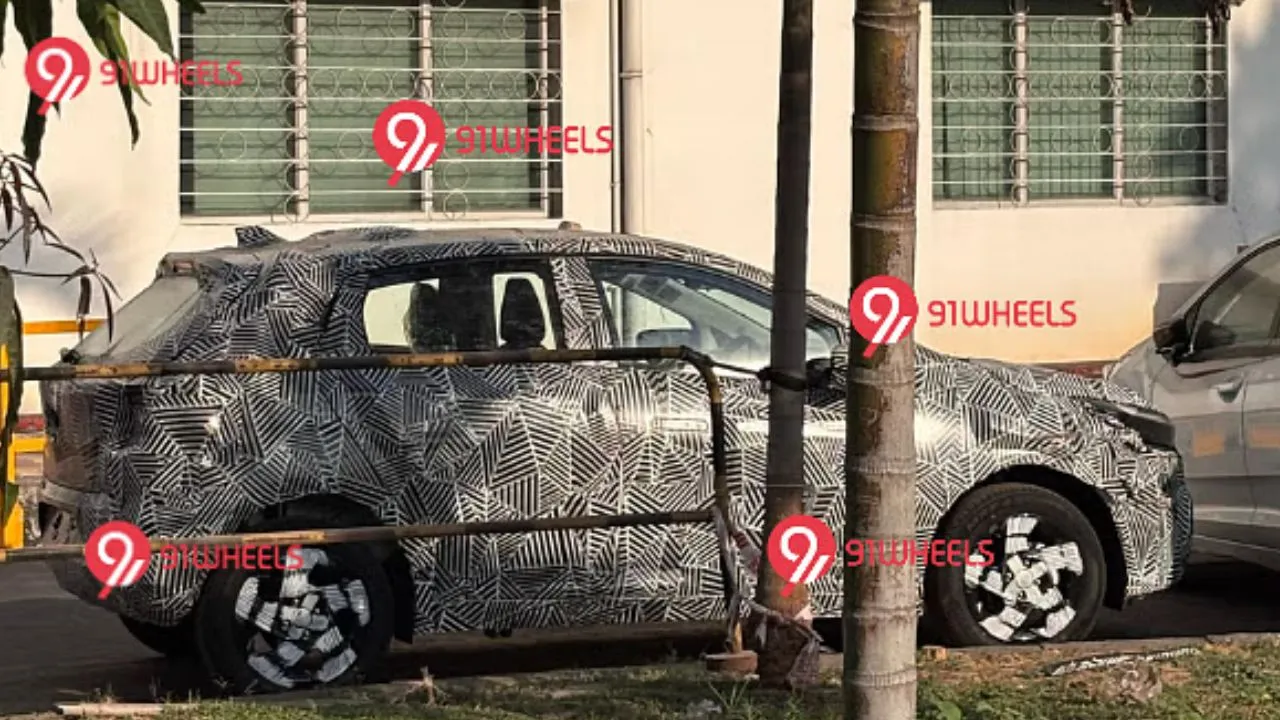
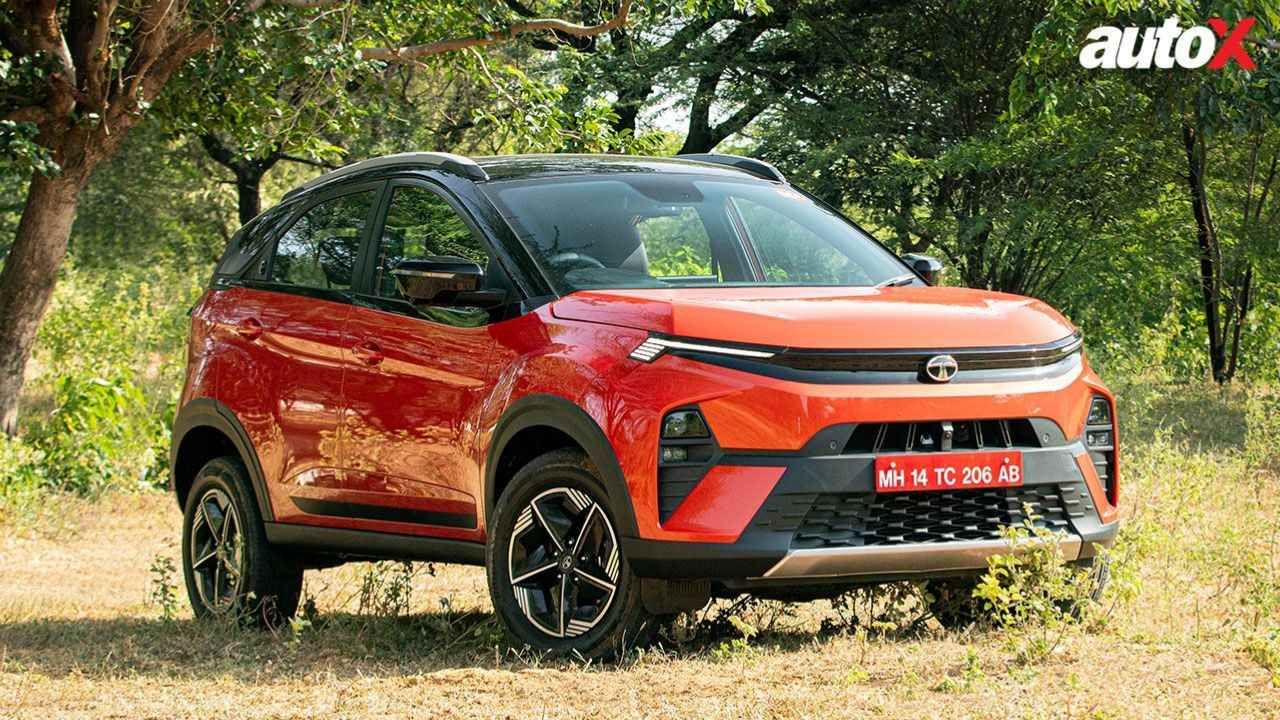
.webp)
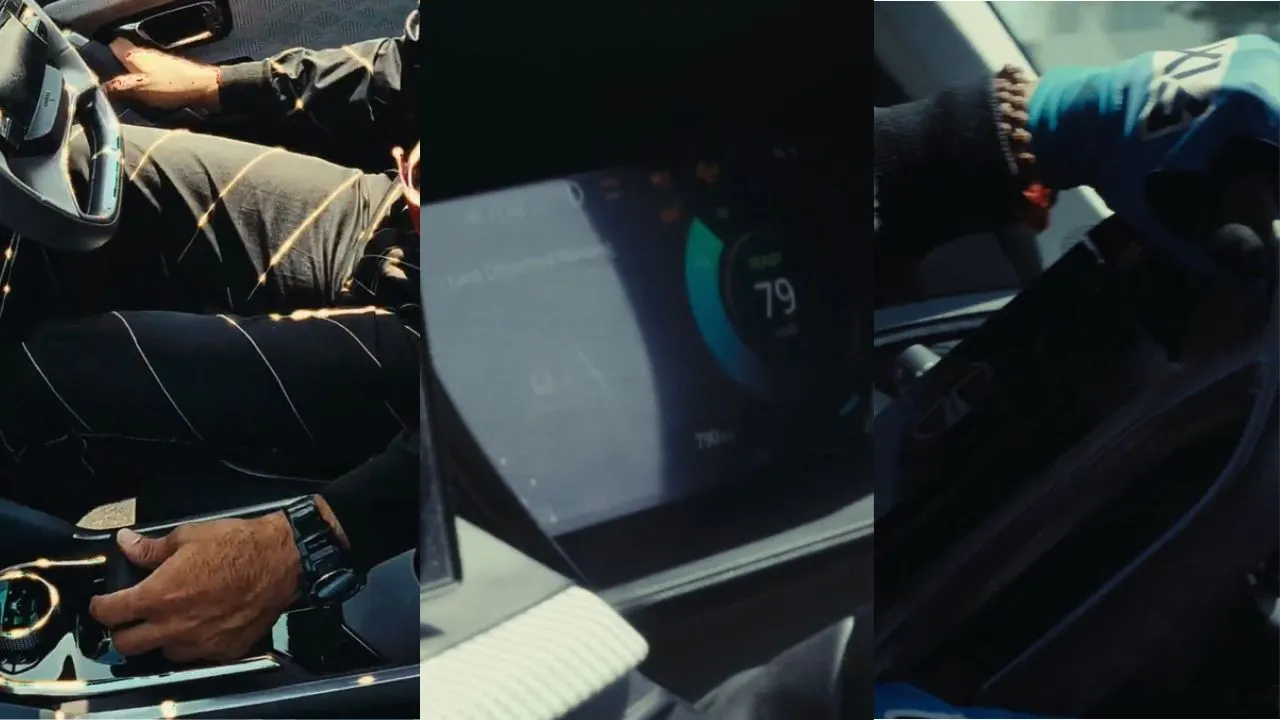
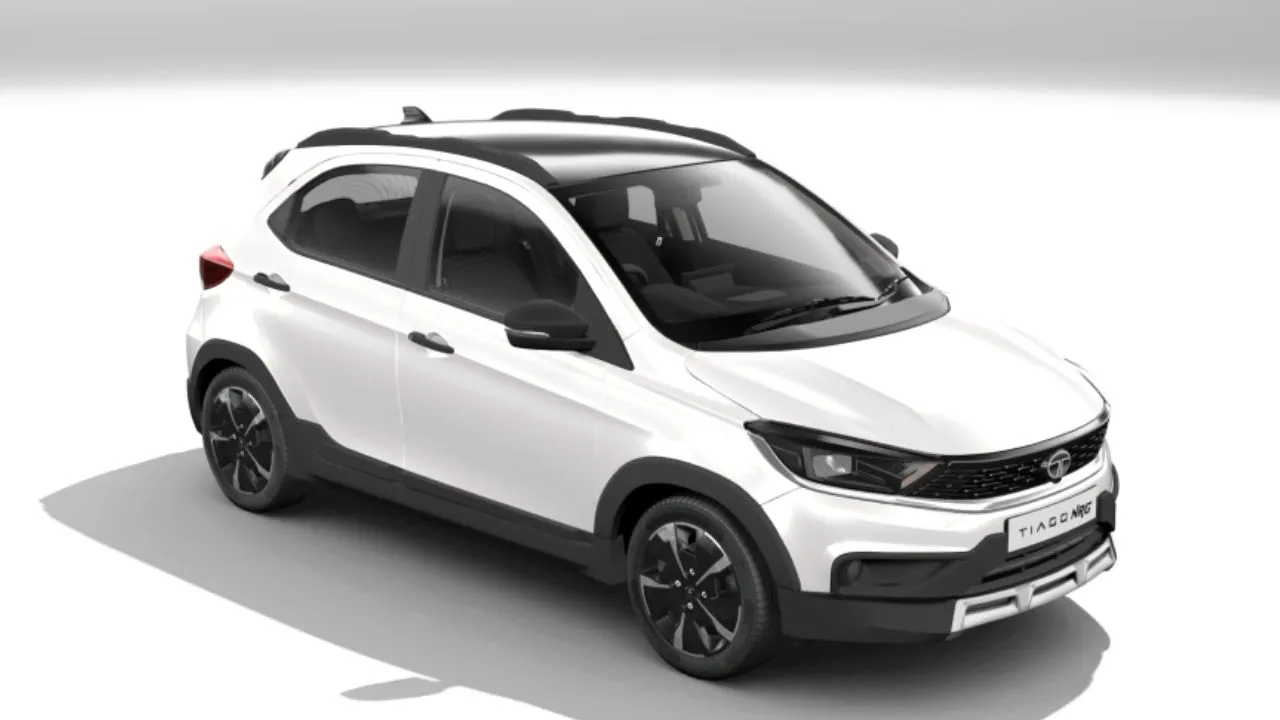
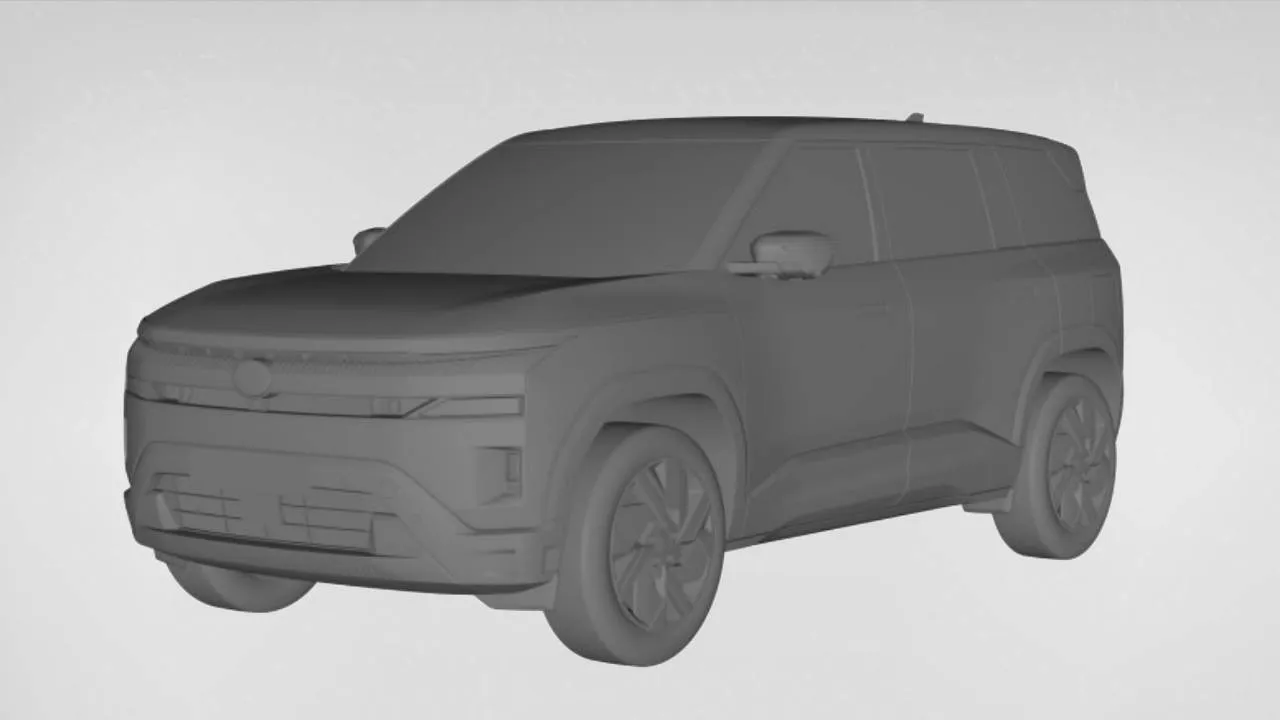
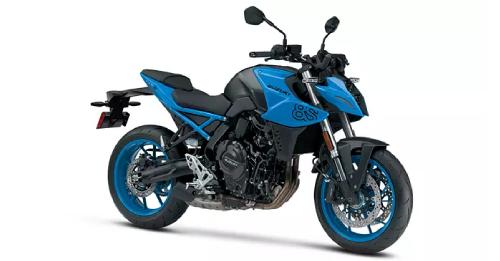
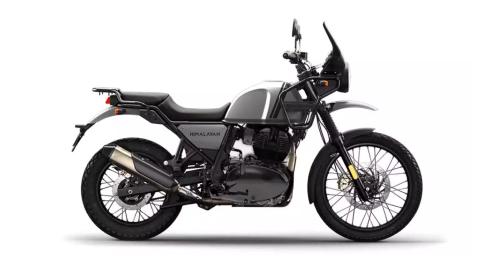
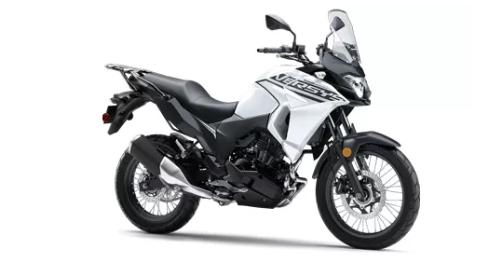
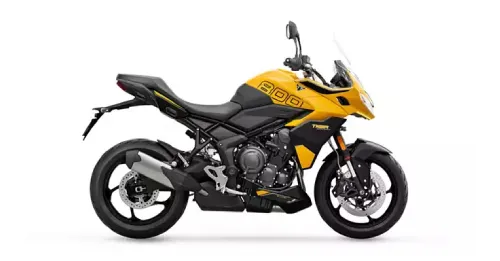
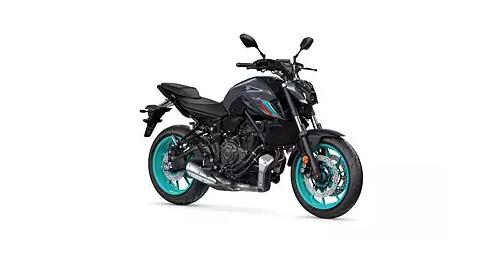
.webp)

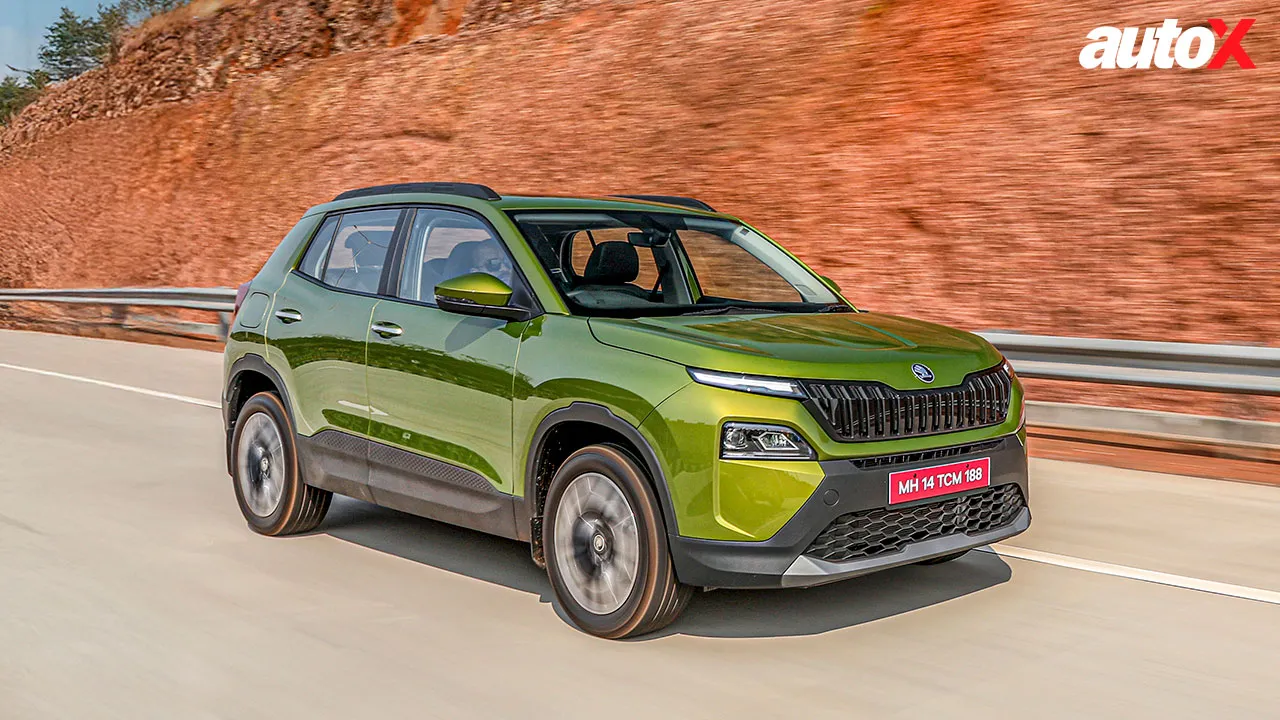
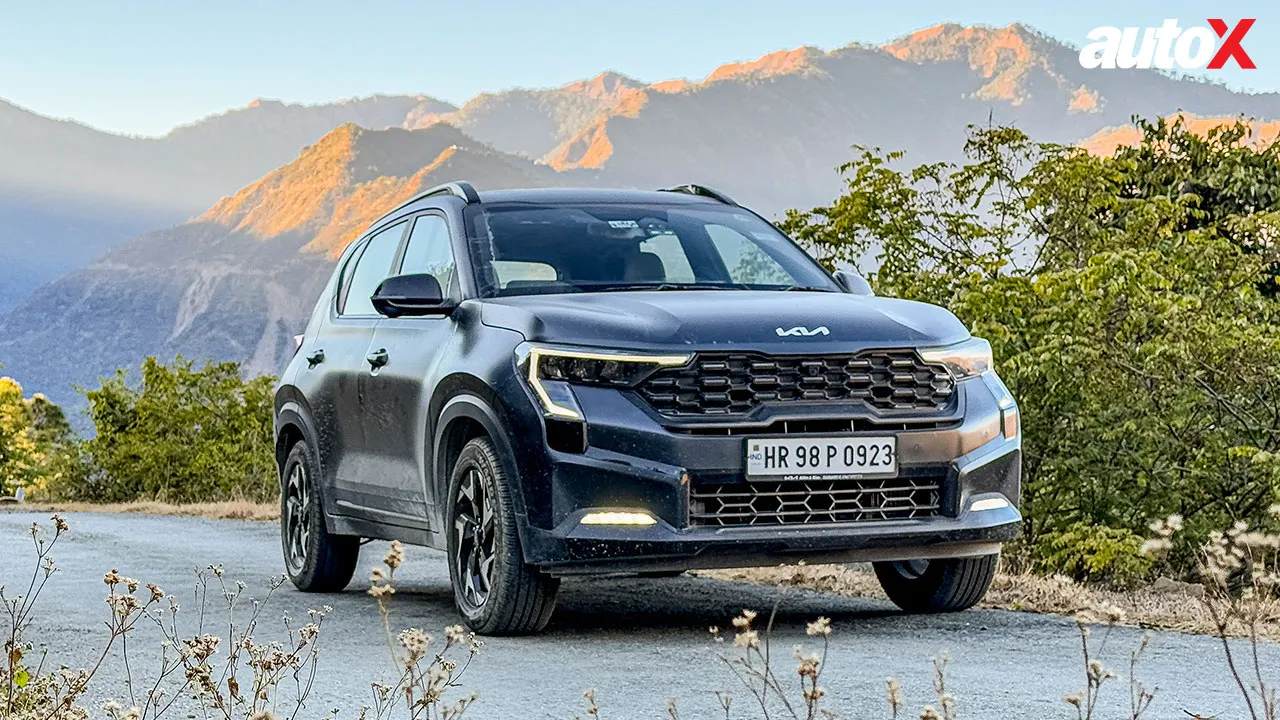
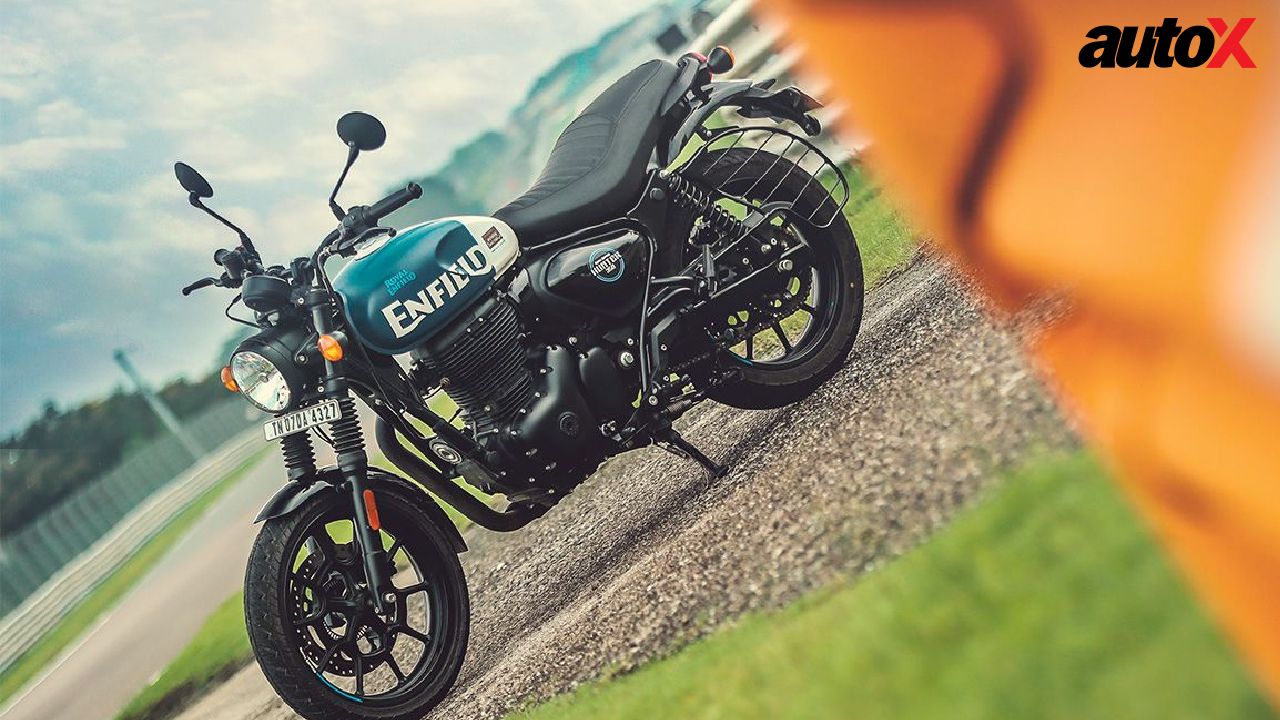
Write your Comment on